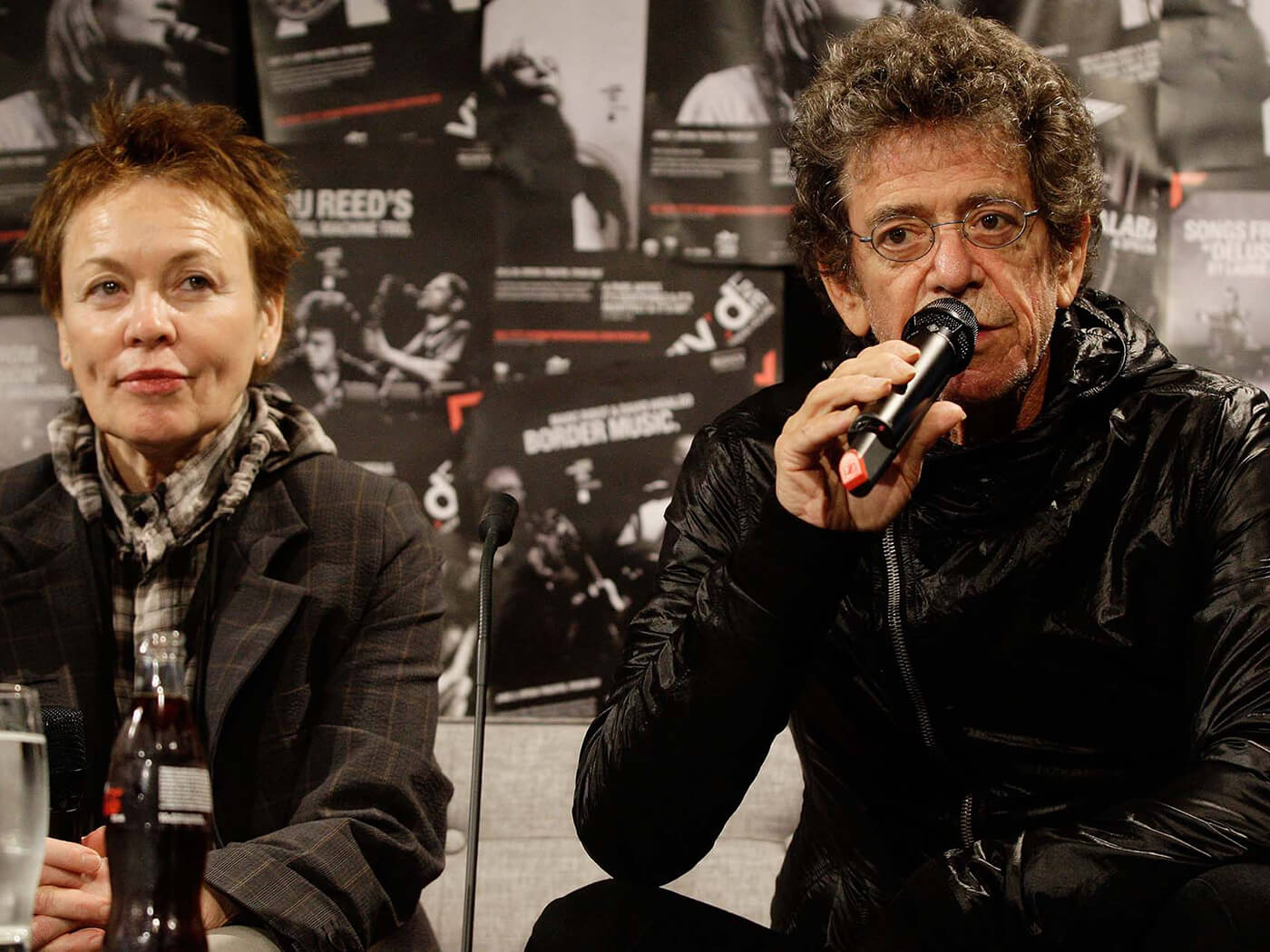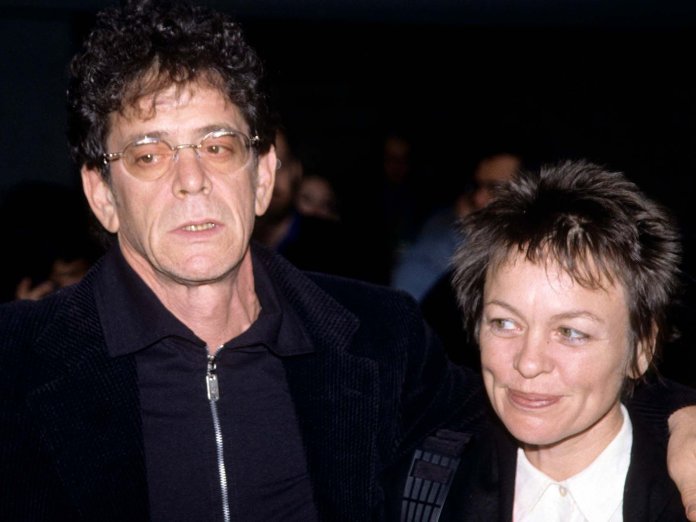Laurie Anderson has shared why the Lou Reed: Caught Between The Twisted Stars exhibition was nearly held in Texas but ended up in New York City instead.
- ORDER NOW: THE BEATLES ARE ON THE COVER OF THE LATEST ISSUE OF UNCUT
- READ MORE: The rich and musical life of Lou Reed: “There are many plans to continue putting out Lou’s work”
The archive, which chronicles the life and work of Reed through images, voices, and music from the star and his collaborators, will be hosted at The New York Public Library for the Performing Arts starting today (June 9).
Anderson, Reed’s widow, recently told The New York Times that she’d first selected the Harry Ransom Center in Austin for the exhibit, but decided against that plan after Texas Governor Greg Abbot, signed the campus-carry bill in 2015. The bill allowed people licensed to carry a handgun in Texas to carry a concealed handgun on university campuses.

“I called them up,” Anderson said, adding: “‘This thing we’ve been talking about for a couple years? It’s off. Because of guns.’”
Later, she read about the Public Library’s digital archives and decided that Reed’s work would be a better fit there, officially giving them the archive in 2017. The exhibit runs until March 4 2023, and contains digital files, and never-before-heard demos of “stripped-down, almost folky acoustic version” of Velvet Underground songs.
“This collection is to inspire people,” Anderson said. “It’s not necessarily to say, ‘Here’s the real Lou Reed.’ That’s never what it was meant to be. Here’s a lot of his music and how he did it. Be inspired by it. But it’s not and can’t be a real picture of the man.”
Earlier this week it was announced that a Lou Reed album featuring new material would be released. Words & Music, May 1965 is set to drop on August 26 via Light In The Attic in partnership with Anderson, in tandem with celebrations for what would be the musician’s 80th birthday.
The songs on the album were written by Reed and recorded to tape by his future Velvet Underground bandmate John Cale. Reed posted the tape to himself as a “poor man’s copyright” and it remained sealed in its original envelope for nearly 50 years.


